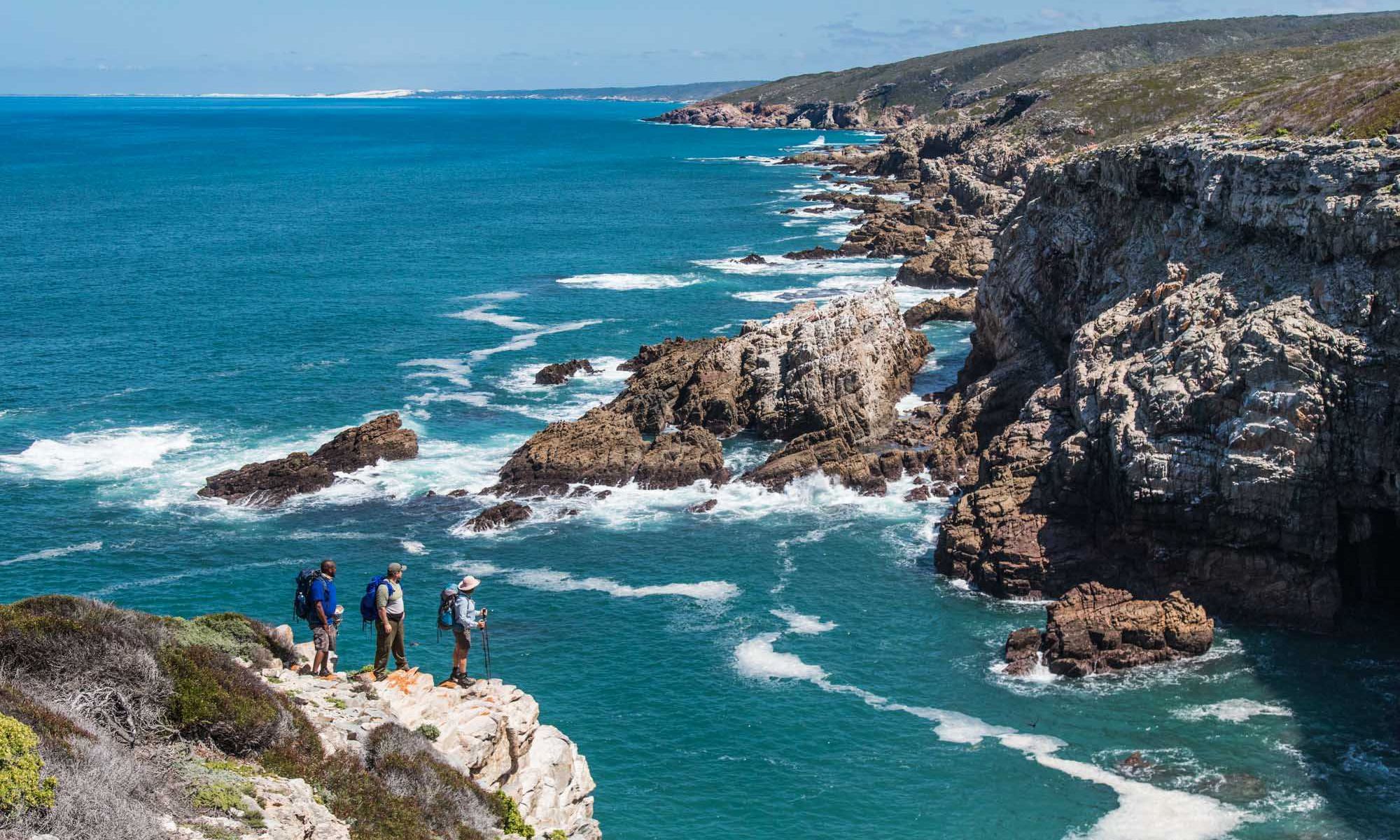
Revive and Restore Wetlands for Future Generations
World Wetlands Day is celebrated annually on 2 February. It marks the date of the adoption of the Convention on Wetlands on 2 February 1971 and it was first celebrated in 1997. This day is celebrated to raise public awareness about the importance and value of wetlands. The theme for this year is “Wetland Restoration.”
Globally, at least 35% of wetlands have vanished since 1970, making them ecosystems the most threatened of all ecosystems. Despite the numerous ecosystem services provided by wetlands, these systems are mostly degraded by human activity when they are drained or filled for agricultural or urban building purposes. Our wetlands are also being degraded by overfishing, invasive species, and water pollution. These wetlands must consequently be revived and restored.
Many of the negative impacts of wetlands degradation can be reversed by restoration. Restoring wetlands has many advantages, such as boosting eco-tourism, filtering the water supply, and lessening the effects of floods and storms. A restored wetland also makes it easier for people to make a living by providing them with grass, reeds, and a place to fish.
CapeNature has managed two very successful wetland rehabilitation projects that prove restoration is possible. The entity and Working for Wetlands collaborated in October 2006 to restore Verlorenvlei wetland by removing obstructions to water flow, reducing sediment, and clearing alien vegetation. In addition, a bird hide was constructed in 2007 to increase tourism and provide public access to the area.
Another, the Goukou-Duivenhoks wetlands project, which has been active for ten years has also been a great success to date. It aims to save this threatened ecosystem by improving water storage and quality and protecting the habitat and its species. This project has increased the community's employment opportunities, increased tourism, and will continue to have a positive impact on the environment. Working for wetland has also been working on the rehabilitating artificial drainage line or eroded water channel to revive the wetland system to its original state at Groot Winter Hoek Nature Reserve managed by CapeNature
This year, CapeNature encourages residents to revitalize and repair degraded wetland areas. A wetland region should not be dredged, planted with exotic plants, or polluted Instead, plant native plants, report illegal dumping, and restore deteriorated areas.
Related News
How can I assist you today?
How can I assist you today?



